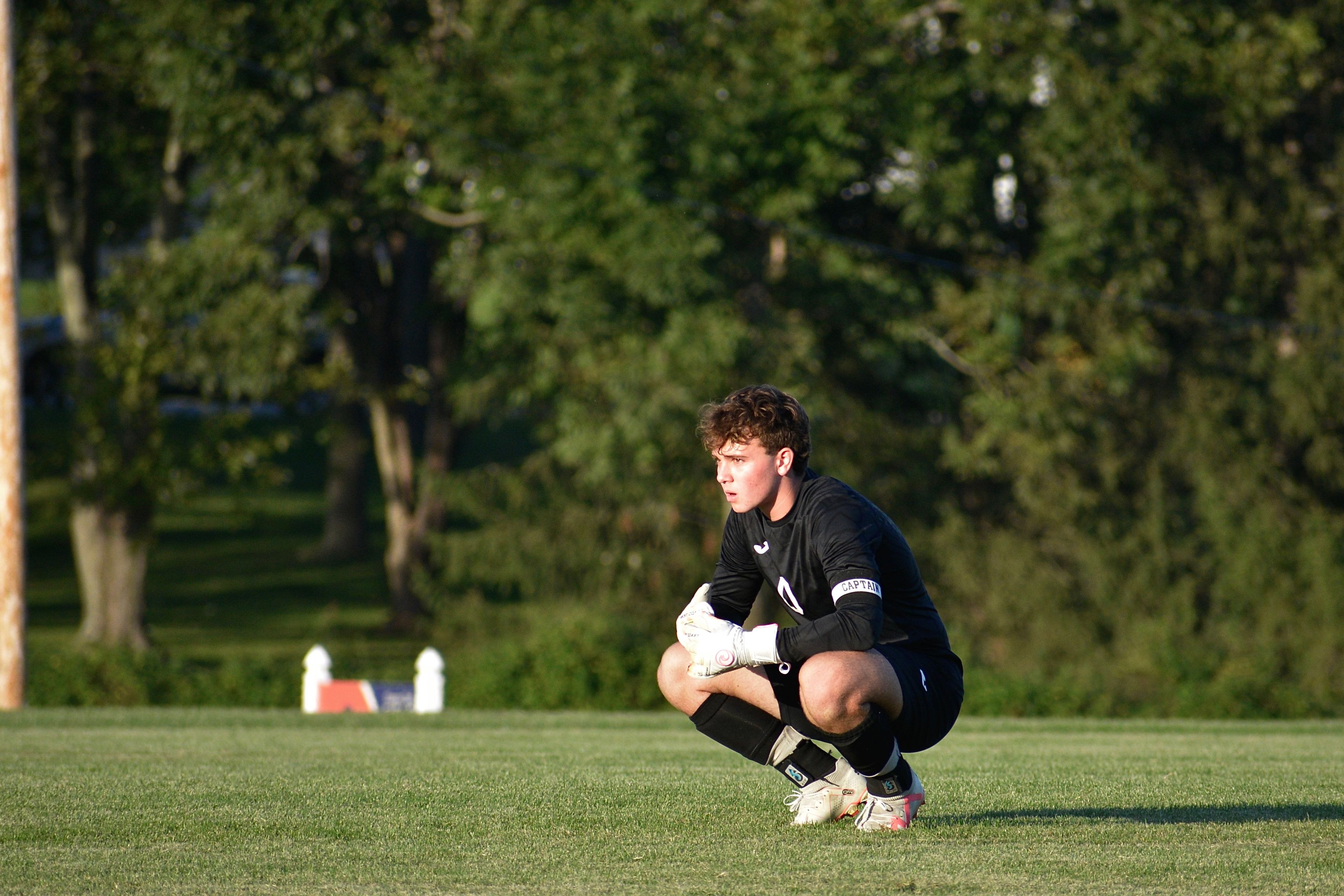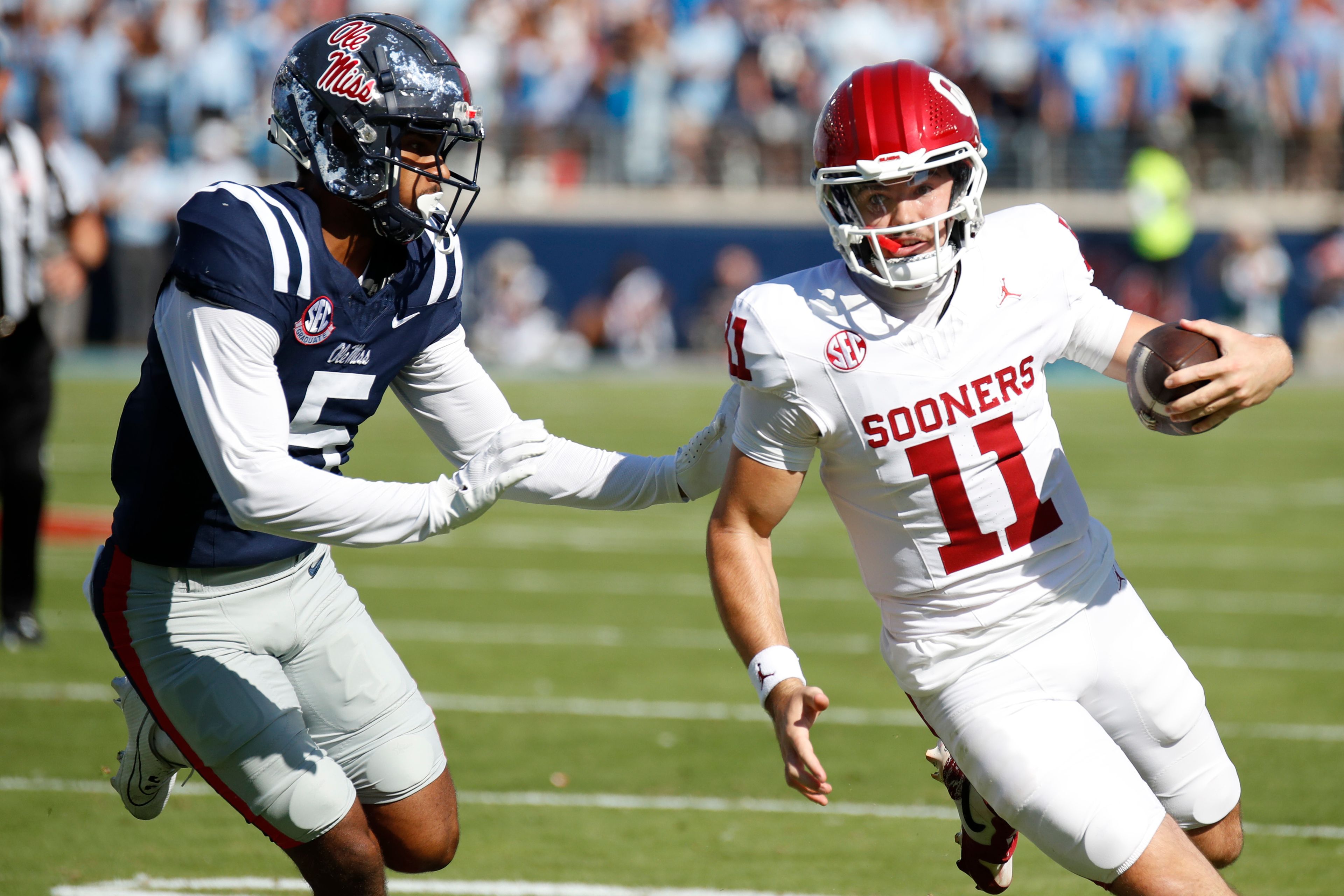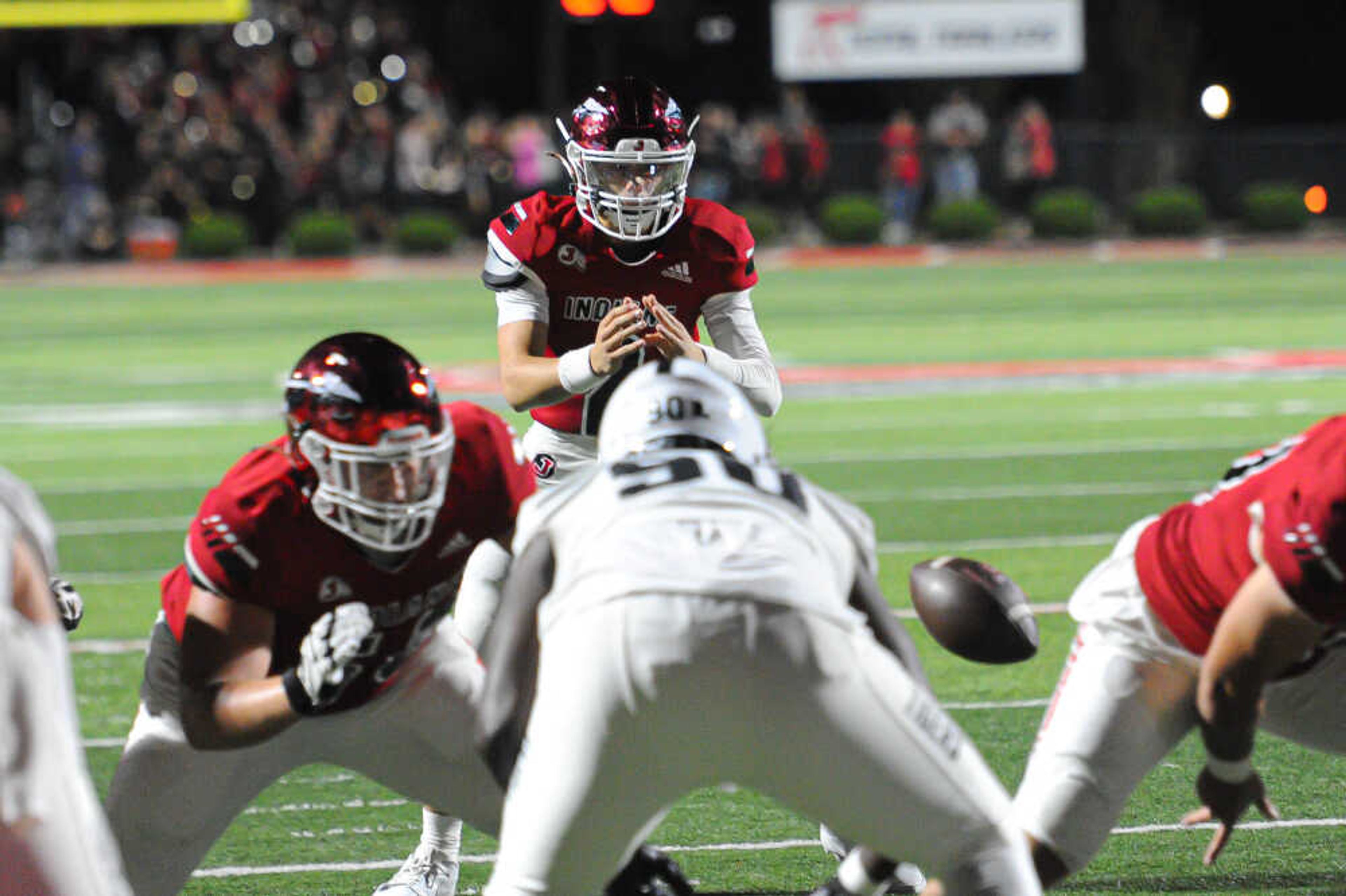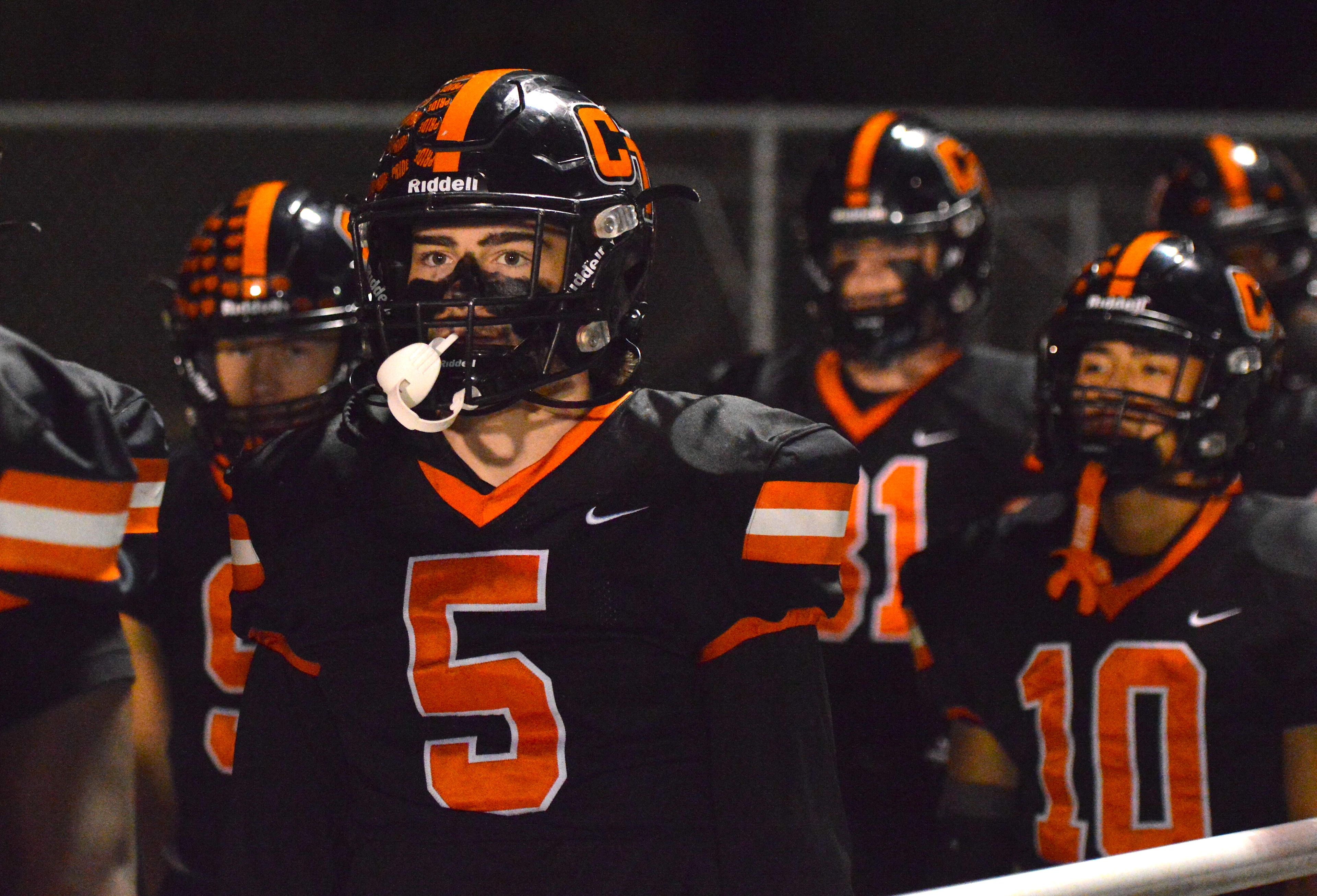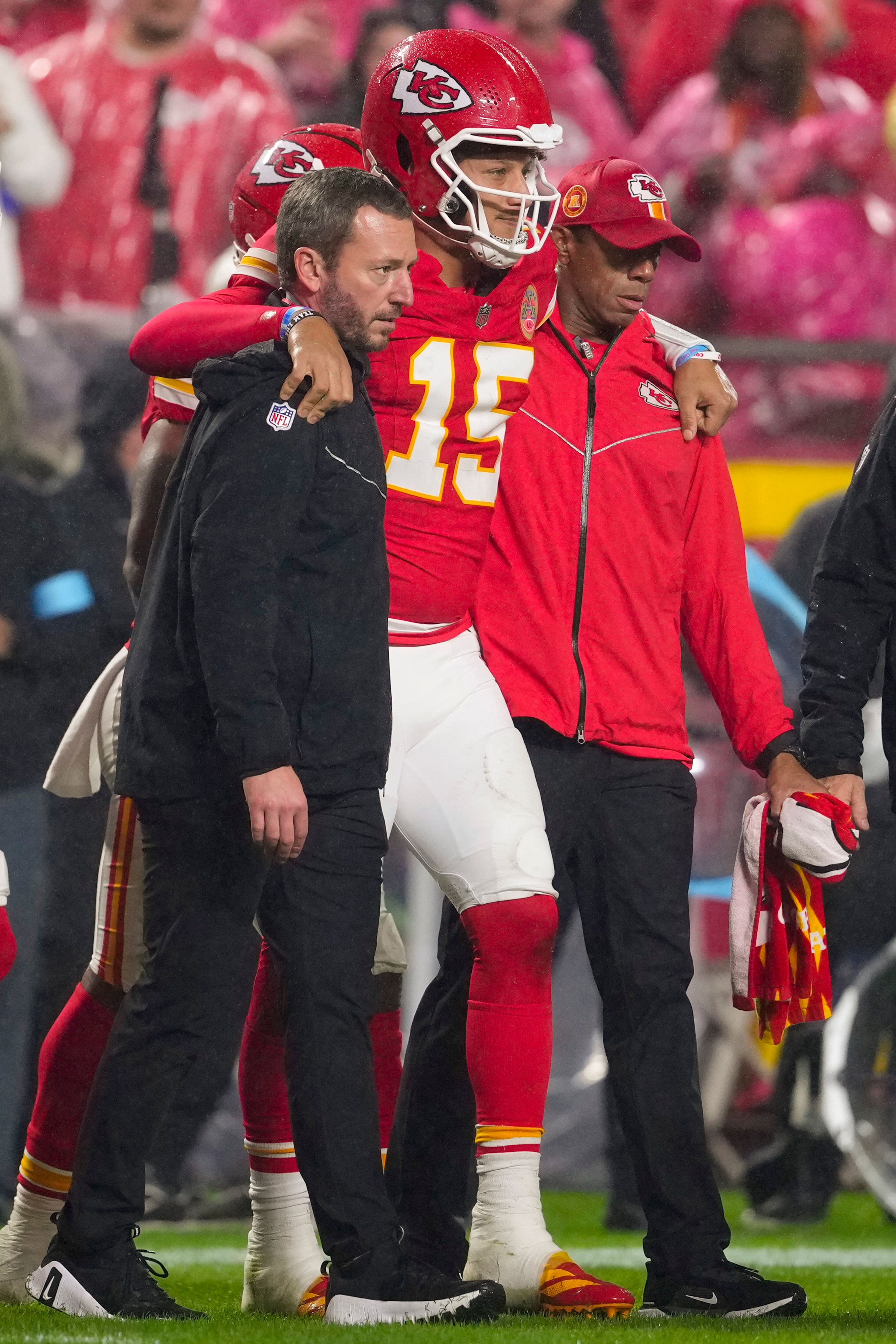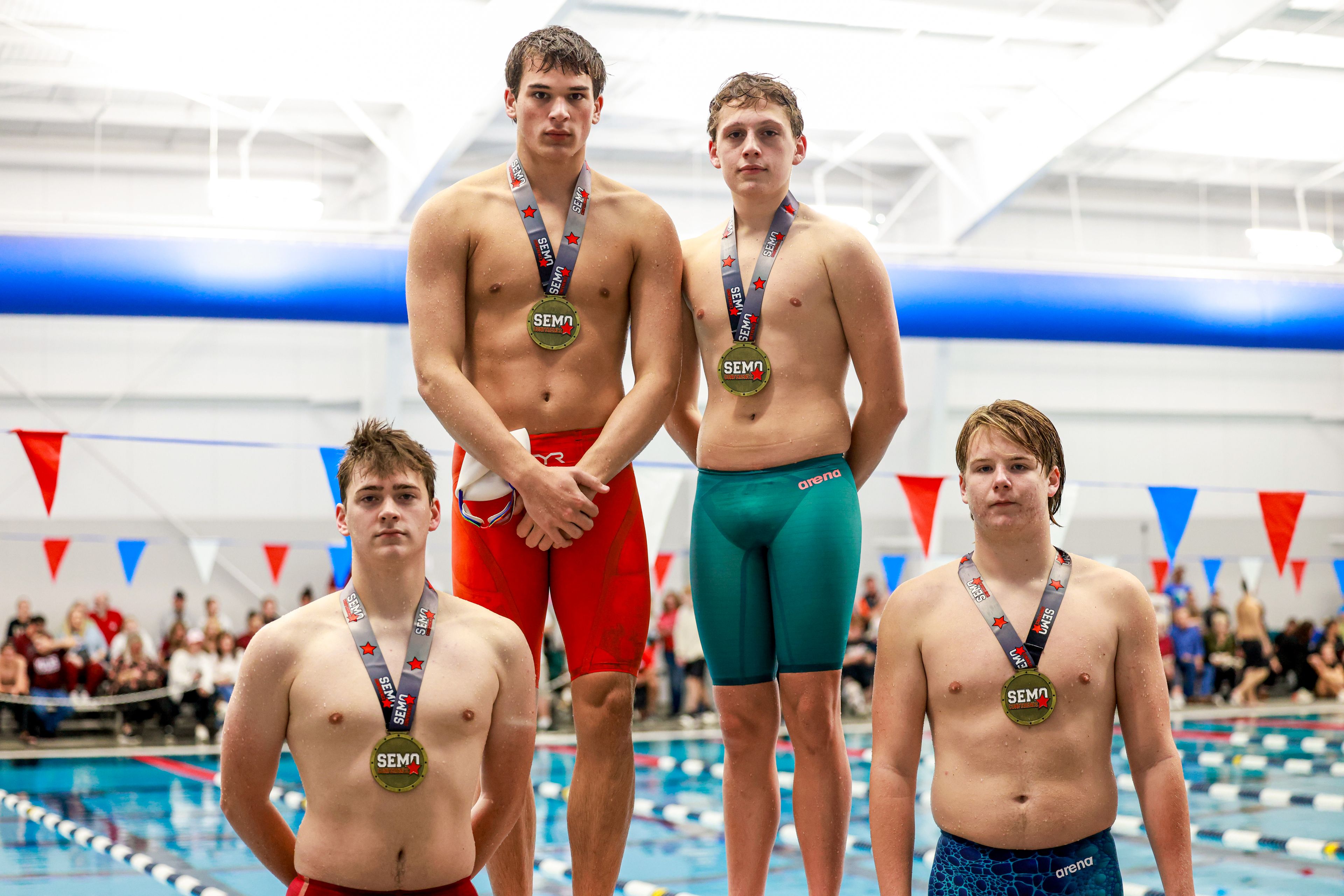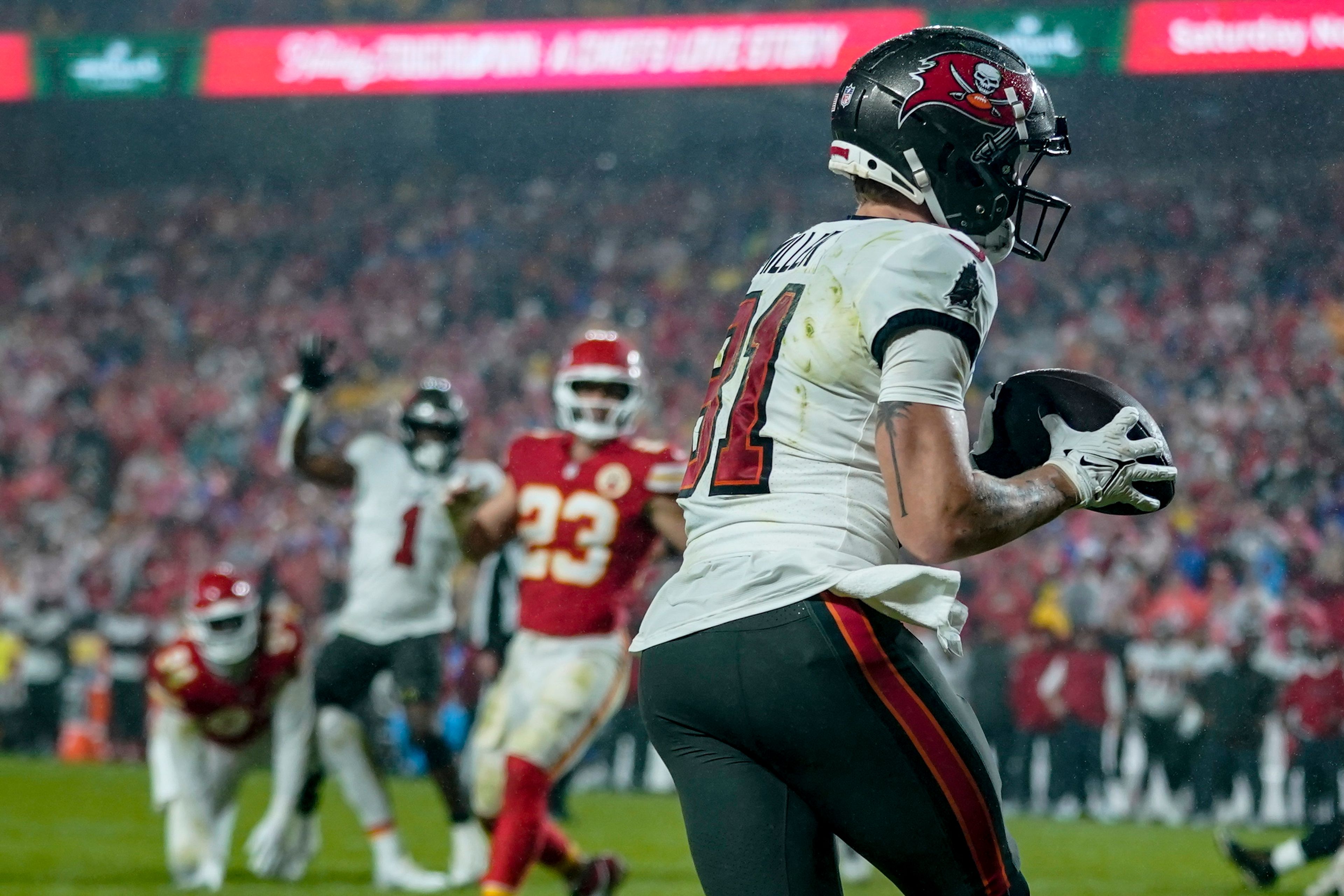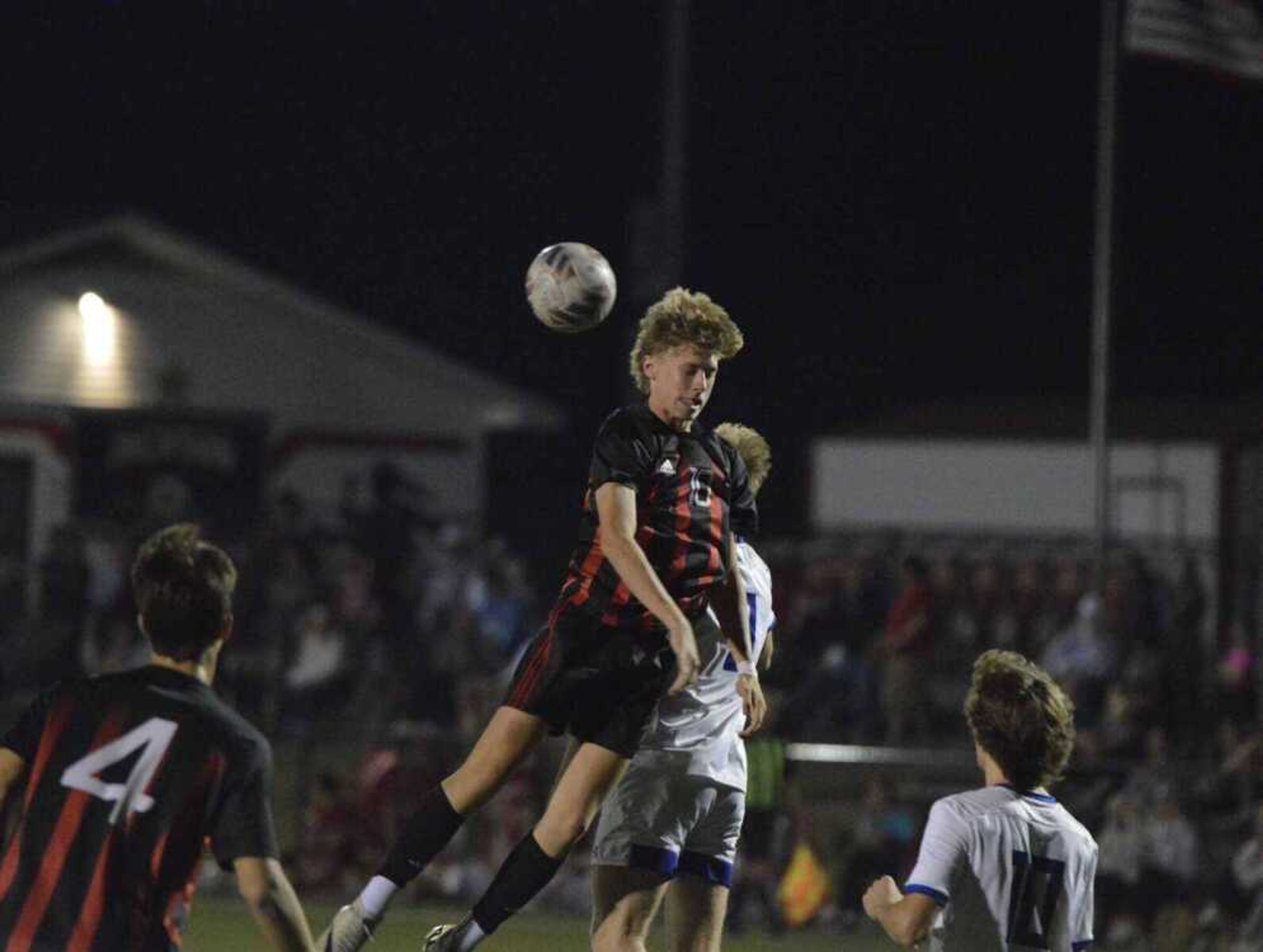COLUMN: Answer to sports rage lies within
It was only a matter of time. That statement in itself is as frightening as the incident that precipitated it. Wednesday's news that a Utah teenager was charged with homicide by assault following the recent death of a soccer referee was met with stoic resignation by the nation's media, which briefly reported the news before reverting back to the latest on LeBron James and the Miami Heat or Phil Jackson's passivity on the Brooklyn Nets' coaching position...
It was only a matter of time.
That statement in itself is as frightening as the incident that precipitated it.
Wednesday's news that a Utah teenager was charged with homicide by assault following the recent death of a soccer referee was met with stoic resignation by the nation's media, which briefly reported the news before reverting back to the latest on LeBron James and the Miami Heat or Phil Jackson's passivity on the Brooklyn Nets' coaching position.
Sigh.
For those out of the loop, the teen in question allegedly punched Ricardo Portillo, 46, after the referee called a penalty on him for pushing an opposing player during a recreational league soccer game in Salt Lake City back on April 27. Portillo initially declined treatment, but was admitted to a hospital after complaining of dizziness. He later lapsed into a coma, never regained consciousness and died this past Saturday.
Without a doubt, the coming trial will be played out and discussed incessantly on our nation's airwaves over the coming months. Such a tragedy tugs at our hearts, needless violence negatively affecting two families whose lives will never be the same.
The teen, rightly so, must take responsibility for his actions. That's the job of the Utah courts.
But there's a deeper, underlying current that must be recognized as well, an obligation that we, as a society, must address.
How did we get here?
And when will it end?
Animosity in the sporting world used to be an aberration, a smattering of dustups and brawls scattered throughout various venues. They flared up, then died out as quickly as the next contest began.
Somehow, though, we bridged the gap between acrimony and anger, from temper to tantrum, and did so rather quickly. Today, nary a sporting event passes without some sort of umbrage directed at either opposing players, coaches or officials. Even instances of triumph are tinged with actions of defiance, the sole purpose of which are to mock or taunt an opponent.
Call it "sports rage."
ESPN's SportsCenter overflows with footage of professional athletes preening after scoring a touchdown, or staring down an opponent following a slam dunk. Their penalty? A technical foul, a yardage penalty, perhaps a small fine -- and the wrong-sided adulation of a fanatical, adoring public.
Those defiant gestures have filtered down through the amateur ranks as collegiate and high school athletes, mimicking what they see on television, imitate their heroes' arrogant, egotistic taunts.
Increasingly, those actions are coupled with equally obstinate responses, which breed even more animosity and hostility. It's the slippery slope run amok.
That's where we as a society must step in. It is our responsibility to stem the tide of foolish taunting, obscenity-laced tirades and temper tantrums.
Mom and Dad, that means you.
Parents teach their children many things: Look both ways before crossing the street; keep clear of household chemicals; don't run with scissors in your hand.
For all the verbal warnings, though, it's the visual posturing that emits the longest-lasting visceral image. The parent that berates an official over a perceived inaccurate call, or encourages questionable tactics by a son or daughter to gain an advantage, or maligns -- publicly or in private -- coaches who donate their time to teach a game they love, paints a vivid image in the minds of impressionable juveniles.
Young athletes will mimic parental demeanor as quickly and easily as athletic behavior. Teaching self-control and a positive attitude has a greater impact when administered calmly and in a controlled environment. Demonstrate that winning with grace and humility builds a richer character than immature boasting or an icy glare. Show how maintaining composure in the face of adversity breeds respect, while lashing out verbally or with obscene gestures breeds only contempt.
Then, and only then, will we reverse this tendency toward glorifying the sickening rage and ire that permeates our sporting culture.
It's too late for Ricardo Portillo.
It's not too late for us.
Scott Roscovius is sports editor of the Southeast Missourian.
Connect with the Southeast Missourian Newsroom:
For corrections to this story or other insights for the editor, click here. To submit a letter to the editor, click here. To learn about the Southeast Missourian’s AI Policy, click here.

